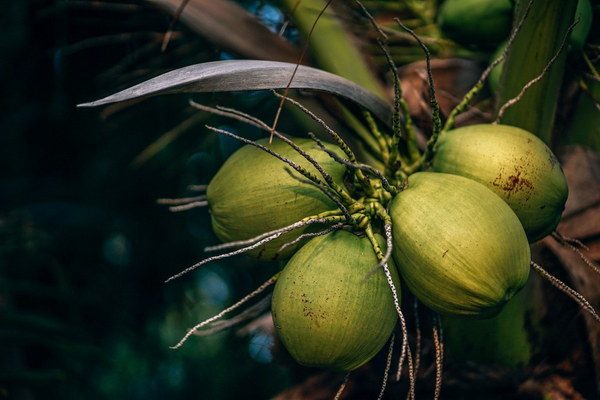The Healing Power of Aconite A Deep Dive into Traditional Chinese Medicine's Approach to Kidney Health
In the realm of traditional Chinese medicine (TCM), the concept of Kidney holds a profound significance, as it is believed to be the root of vitality and longevity. One of the most revered herbs used to nourish and strengthen the Kidneys is Aconite ( aconitum carmichaelii debx.), a plant that has been a staple in TCM for centuries. This article explores the fascinating world of Aconite and its role in enhancing kidney health.
Aconite, or Fu Zi in Chinese, is a potent herb that has been used in TCM to treat a wide range of conditions, with a particular focus on kidney-related issues. The herb is derived from the roots of the Aconitum plant, which grows in mountainous regions of China, and is renowned for its potent medicinal properties.

The primary function of Aconite in TCM is to Warming the Kidneys, which refers to its ability to stimulate and revitalize the Kidneys, thereby promoting overall health and longevity. It is believed that Aconite can help to:
1. Enhance sexual function and fertility: Aconite is often used to treat sexual dysfunction, impotence, and infertility, as it is thought to increase the flow of vital energy (Qi) in the body, which is crucial for reproductive health.
2. Strengthen bones and teeth: Aconite is believed to strengthen bones and teeth, making it a popular choice for individuals suffering from osteoporosis or other bone-related issues.
3. Boost immune function: Aconite is also thought to enhance the immune system, making it a valuable herb for preventing and treating infections.
4. Relieve joint pain: Aconite has analgesic properties that can help alleviate joint pain and stiffness, making it beneficial for individuals with arthritis or other musculoskeletal conditions.
However, it is important to note that Aconite is a powerful and potentially toxic herb, and its use should be supervised by a qualified TCM practitioner. The plant contains alkaloids that can be harmful if not used correctly. In TCM, Aconite is usually processed to reduce its toxicity before being used in herbal formulas.
When used in TCM, Aconite is often combined with other herbs to create personalized formulas that address specific kidney-related issues. Some common companion herbs include:
1. Eucommia ulmoides (Du Zhong): Known for its ability to tonify the Kidneys and strengthen bones, Eucommia ulmoides is often used in conjunction with Aconite to enhance its therapeutic effects.
2. Cuscuta chinensis (SHE XUE MAI): A herb that is believed to tonify the Kidneys and improve fertility, Cuscuta chinensis is often included in Aconite formulas to enhance their reproductive benefits.
3. Cornus officinalis (Shu Di Huang): Known for its ability to nourish the Kidneys and blood, Cornus officinalis is a popular herb in TCM for treating kidney-related issues.
In conclusion, Aconite is a remarkable herb that has been used in TCM for centuries to promote kidney health and overall well-being. While it is a potent and powerful herb, its use should be approached with caution, and only under the guidance of a qualified TCM practitioner. By understanding the properties and applications of Aconite, we can appreciate its unique role in the world of traditional Chinese medicine and its potential to enhance kidney health and longevity.









